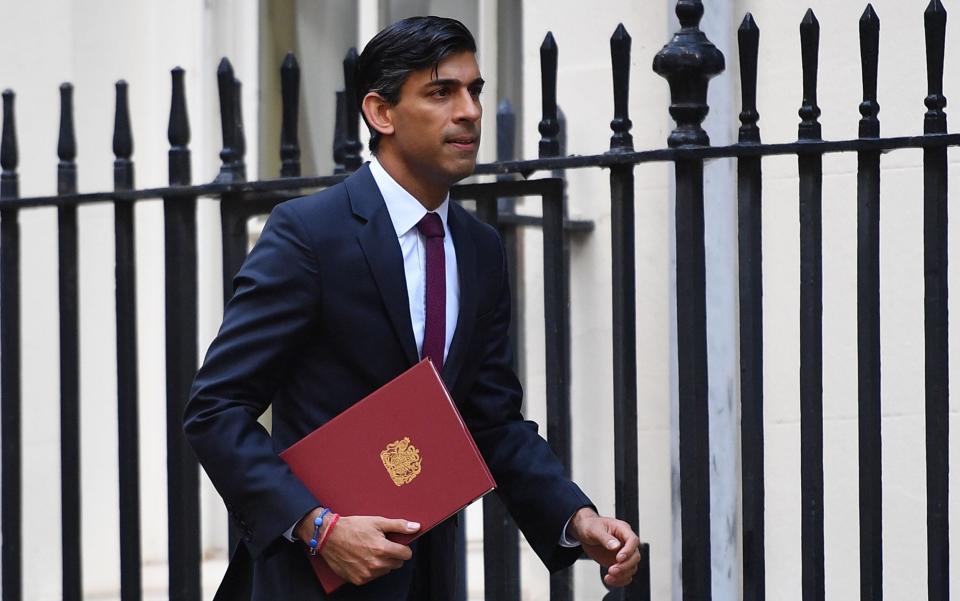Flaw in Universal Credit algorithm is 'pushing people into poverty'

A “flawed” algorithm is causing Universal Credit claimants to miss out on much-needed financial support and "threatening the rights of people most at risk of poverty”, according to a new report.
Human Rights Watch claims the means-testing algorithm used by the Department of Work and Pensions (DWP) does not take into account that some people receive multiple paychecks in one month or they might be paid weekly, fortnightly or every four weeks.
“What we have found is that the government has encoded the algorithm with effectively what we deem to be flawed means testing rules,” Amos Toh, a senior researcher at Human Rights Watch, told The Telegraph.
The algorithm assesses a person’s financial situation according to their earnings in a one-month period. But if that person receives multiple paychecks in one month - because they work multiple jobs or received a bonus - the computer model assumes they need less support and reacts by shrinking their payment for the following month.
These fluctuations can leave people reliant on food banks or drive them into debt to cover their bills.
When John (not his real name), 57, received two payments in one month from the garden centre where he works, his benefits payment was significantly reduced. He called the Universal Credit helpline to explain he gets paid every four-weeks but said he received no help.
As a result, he has fallen behind on rent, council tax and utility bills. “I like work … it gives me some pride,” John told Human Rights Watch. “But I just don’t understand how they work [the payments] out. Doesn’t make sense, does it? I am worse off going to work.”
A single mum, who works at a college student advice centre, also called the helpline when her Universal Credit payment was £1,000 short of what she needed to cover her rent and bills. She said the agent told her the payment had been correctly calculated and offered her vouchers for her local food bank.

In the report, Human Rights Watch said the DWP should consider proposed solutions such as assessing earnings on a weekly instead of a monthly basis and also give people the option to average their earnings over a certain period.
A DWP spokesperson told the Telegraph: “Altering the Initial Assessment Period to a weekly or fortnightly would require a complete change to the fundamental design of Universal Credit.”
They added: “Universal Credit was designed to mirror the world of work, where the majority of employees receive wages monthly, and to help people get back into employment as soon as possible.”
Human Rights Watch said a fix is becoming urgent as more people file Universal Credit claims as they suffer from economic shocks associated with coronavirus.
The early days of Britain’s first nationwide lockdown, sparked huge demand for the benefit. Between 13 March and 9 April, official figures showed 1.5 million claims were made - six times higher than in the same period last year.
However the automation of universal credit is one reason why the government has been able to keep up with increased demand while other countries have seen unemployment offices overpowered by demand. In The US, for example, reports detail how some people have made hundreds of failed attempts to file their claim.
The case is the latest in a long list of algorithm-related headaches for the government, arriving soon after the A-Level algorithm fiasco and the visa approval algorithm, which was dropped by the Home Office after criticism.

 Yahoo News
Yahoo News 